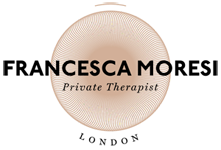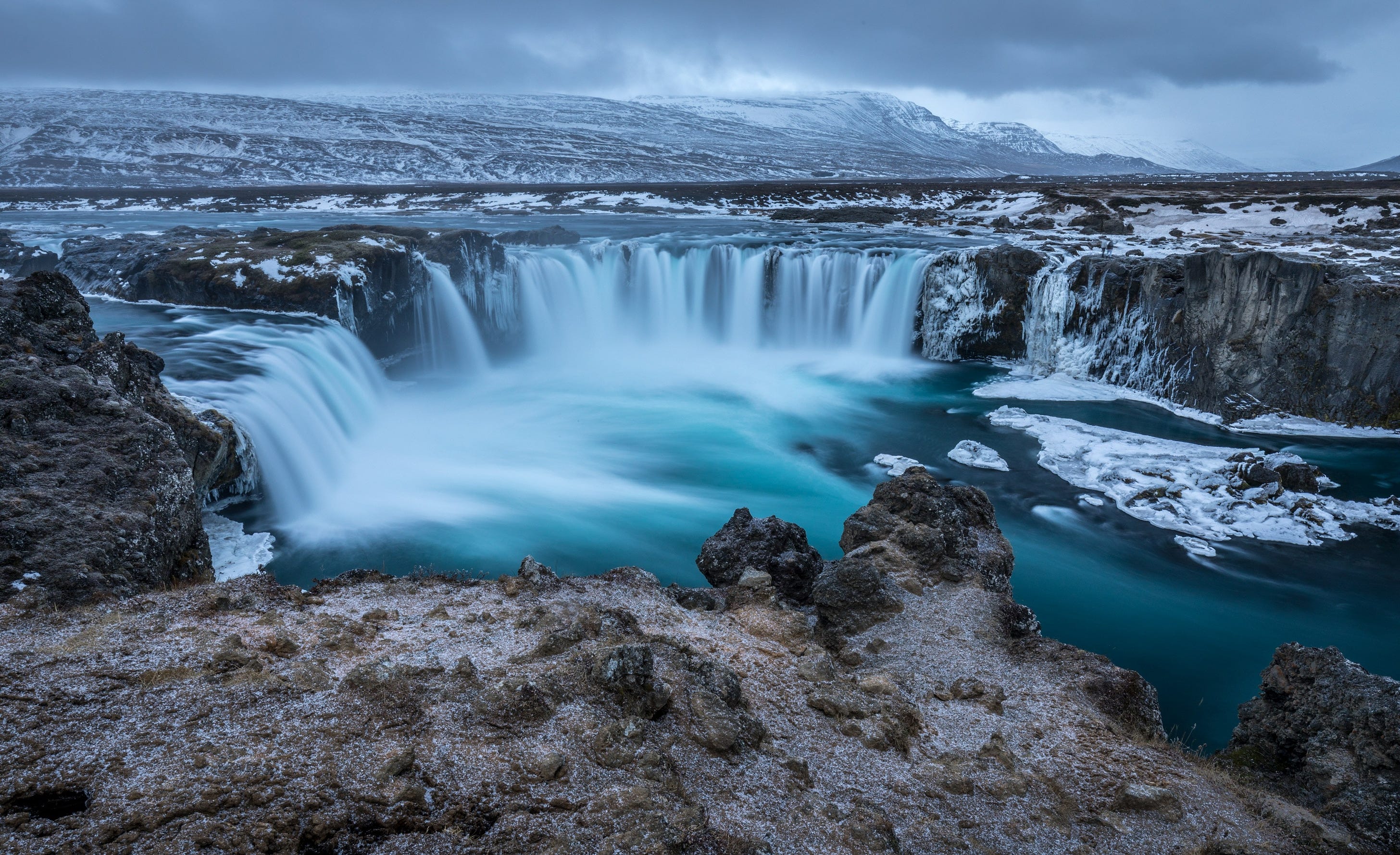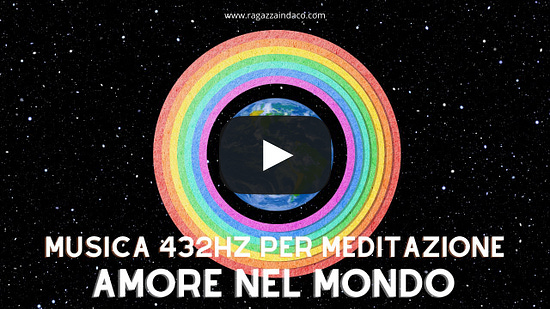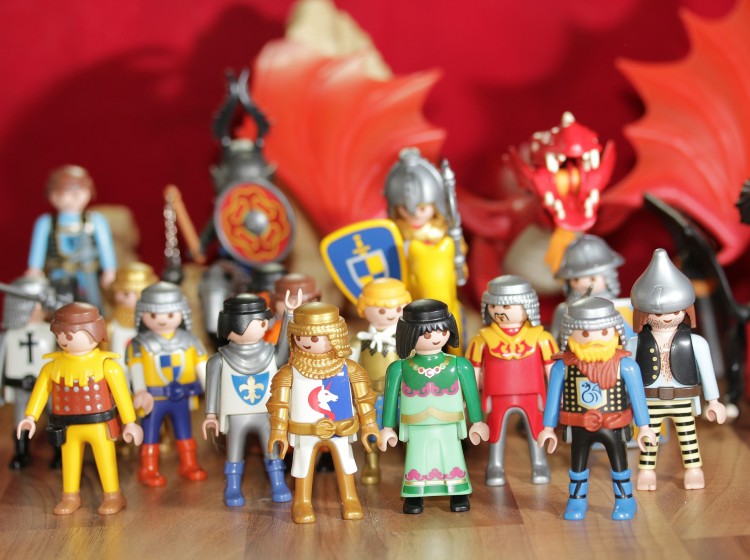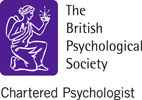I hope that my words today can be of help to the many people who, like myself, still feel scared and shocked by the conflict happening in Ukraine.
How to react to it? This is the question that popped up for me. While it is just normal to feel scared, worried, sad or angry, where do we draw the line? Can we draw a line, is it ok? When I heard that the conflict had started, I was on holiday, having a great time, and for the first couple of days I felt terribly guilty and lost. I felt that it would be selfish to carry on enjoying myself. Then I realised that my reaction wasn’t necessarily healthy. I would like you to read these words from psychoanalyst Carl Gustav Jung before I explain.
We see this [dissociation] most clearly in people in panic, or in a great mass of people that is moved by some common idea or emotion. The individual does not know that he is in a state of dissolution, although he has lost his head just like everybody else. This approaches us stealthily. We are dissolved from within, and all of a sudden we are something else and do not even know it, and this is what is so uncanny in this phenomenon. Consciousness is simply depotentiated. At least we still have a certain protection. There is still just one moment left to say: “Hey, stop, so that’s what it is!” If you realize this just in time, you are already protected against it. But if you don’t know any longer that you have been touched, you are already in a state of dissolution. When a person is in danger of dissolution, it is necessary that he look at himself, in order to reestablish identity with himself.
I realised that I was merging with the collectiveness and that is the unhealthy part of my reaction, this is where we draw the line.
As I said, it is normal to feel scared or sad and we need to give these emotions an outlet, we need to express them and let them go. But this does not mean to indulge in negative emotions for days: every time we watch the news or shocking images, we are traumatising ourselves and we don’t need this. Protect yourself by setting boundaries to the time you spend this way, especially if you have already suffered from PTSD (Post-Traumatic Stress Disorder): in fact, you are unfortunately more at risk of getting triggered and spiralling into negative emotions. Last month I wrote a newsletter about a practical tool that I call “the bubble”: this is exactly the kind of tool you can use for protection. Tell me if you want me to send the email again in case you’ve missed it.
In a nutshell, we need to remember who we are and avoid to get lost into panic, this is how we can protect ourselves as well as others. I think this is also one way to overcome helplessness, another very common feeling in front of the tragic events that are happening. The world does not need you to dissolve into the collectiveness right now: the world needs you intact and functioning, it needs your energy. It is very easy to feel angry at Putin but we need to let go of that and connect with love, nurture ourself and our relationships with love. Maria Montessori, renowned educator, said:
“Everyone talks about peace, but no one educates for peace. People educate for competition and this is the beginning of any war. When we educate to cooperate and be in solidarity with one another, that day we will be educating for peace.”
This is how we can do our part and be helpful. This is what we can teach our children. We can all be kinder, more thoughtful and considerate every day with the people we come across with. This is what I have done so far and I can tell you that I have noticed such a difference in the way I interact with people: more smiles, many positive feedbacks – the flight attendant, for example: “Thank you for asking me how I feel, you are the first one today”. I appreciate that these are small things, yet they matter: they create our reality and they impact the way we all feel.
You help the world also when you feel balanced and in harmony, when you are kind to yourself, too. It is not selfish to look after yourself, it’s actually what we need to overcome chaos and panic. Do what brings you joy, dance, take a bath, go out with your friends; meditate so that you can separate your feelings from the feelings of the collectiveness. The following music track has helped me a great deal to reconnect to myself and to tap back into joy and love. It is tuned to 432 Hz and this frequency is said to be healing and to provide greater clarity; it is also relaxing for the body and mind. I hope that this can be for you as beneficial as it was for me.
Sending light and love,
Francesca
